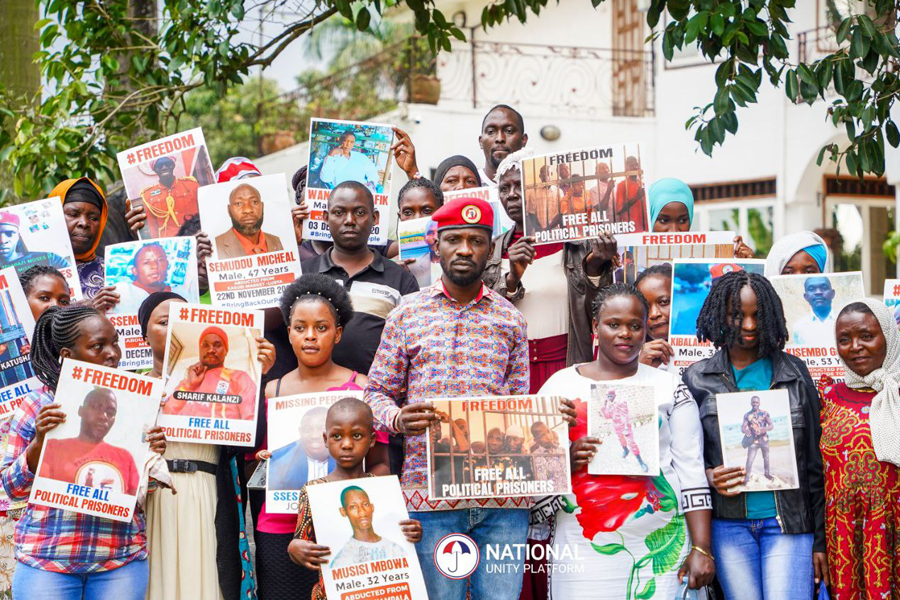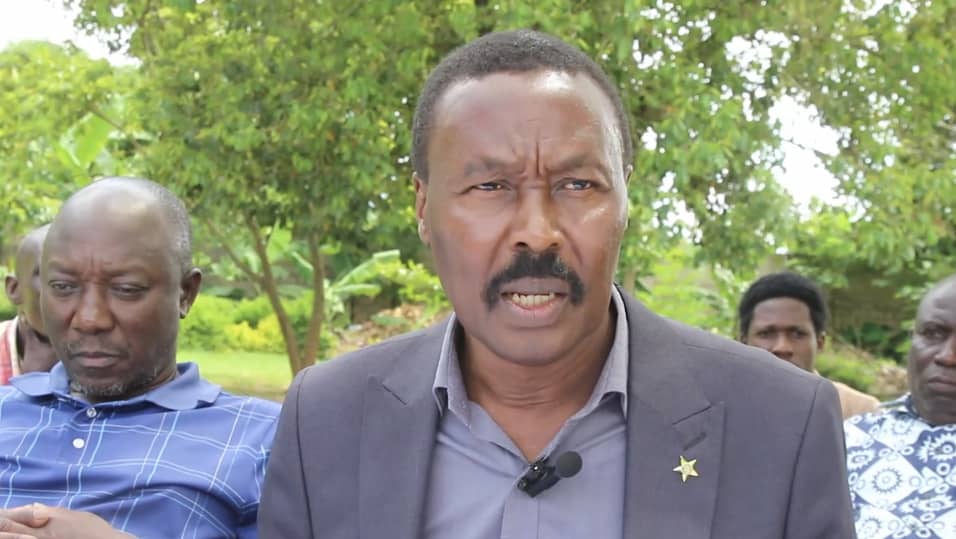OPINION: Don't use new proposed social media bill to gag freedom of speech
By Muhindo Morgan
Government according to the Minister for ICT and National guidance is mooting a law to regulate social media use in Uganda. Of course, until bill is presented before parliament, yours truly can only speculate what its objective(s) is or are.
Keep Reading
- > PPDA asks districts to use use alternative procurement processes to avoid returning money to consolidated fund
- > Uganda to introduce national children play day
- > Review courses before licencing universities, Tayebwa asks gov't
- > Minister Among calls for social protection for workers in informal sector
For starters, social media which includes; social networking platforms like Facebook, WhatsApp and Telegram; microblogs like Twitter and LinkedIn; Vlogs like YouTube, Likee and TikTok; Social Bookmarking and Social News platforms like Reddit among others have become prodigiously important and indispensable in all facets of our lives, yet regulators continue taking knee-jark reactions and playing catchup of course not without goofing here and there.
For context, social media platforms (characterized as intermediaries) are now basic utilities for business operation, and enablers of exercise of basic human rights and freedoms. Yet still, they continue being misused by some wrong elements in the society which would justifiably necessitates regulation.
Uganda is not the first and I can bet my thumb, we will not be the last to raise a cat-o'-nine-tails on social media platforms and users, obviously, for good and underhanded motives. For good reason; to make social media safe for all including children and women facing cyber bulling, harassment and stalking without legal recourse, but also underhand to; censor, persecute and silence dissidents.
 Fake news has been spread easily on social media
Fake news has been spread easily on social media
From experience, the intended law is likely to be a fierce hound cutting throats and removing “venomous” tongues of Lumbuye and the like for their speech flagged “false news/opinions” even when you and yours truly know or must know that it is protected under the ‘mother’ of all laws in this country. The other likelihood is waiving the statutory immunity against third party (read users’) content liability that intermediaries are clothed with under the Electronic Transactions Act, 2011.
Holding intermediaries (mere conduits) responsible for the content of third parties is turning them into news/opinions editors and obviously incontestable censors. Regulation of expression is too precious to be handed over to tech-giants whose sole purpose is to make money.
Consequently, if that is the path we intend to take, we lose the already shrinking moral and legal authority to brag with the civilised about democracy, good governance and respect for human rights.
This is why we lose; at the core of democracy is citizen participation which is realized through protecting and respecting the right to freedom of expression. Meaningful participation of the governed in their governance, which is the hallmark of democracy, is only assured through optimal exercise of the freedom of expression. This is as true in the new democracies as it is in the old ones.
Free expression and access to information are both fundamental for individual self-fulfillment and facilitate scrutiny over authorities we gave our will under the concept of social contract.
Social media platforms no doubt provides that unprecedented space for optimal exercise of the freedom of expression, they are intriguing, interactive and provide netizens with a sense of autonomy and security; many express themselves freely without fear of political persecution and societal reprisal.
The existing regulatory framework is sufficient to solve any mischief government intends to solve.
 The author Morgan Muhindo
The author Morgan Muhindo
By Muhindo Morgan
Digital rights Lawyer.
Email: morganapollo22@gmail.com
















